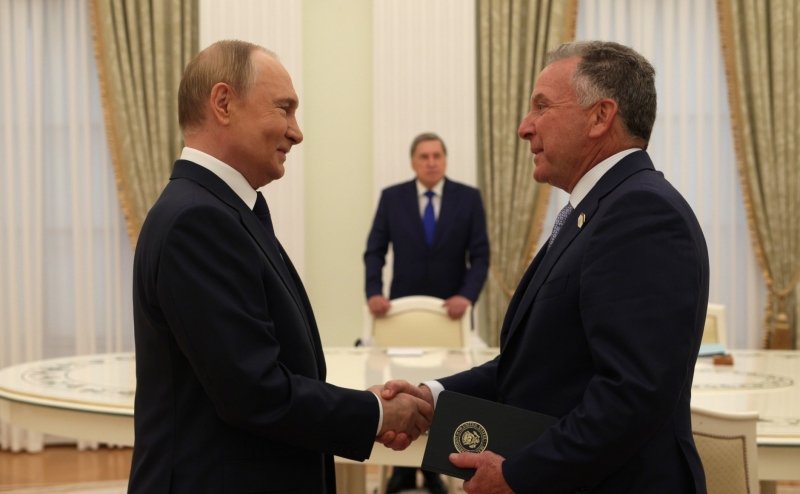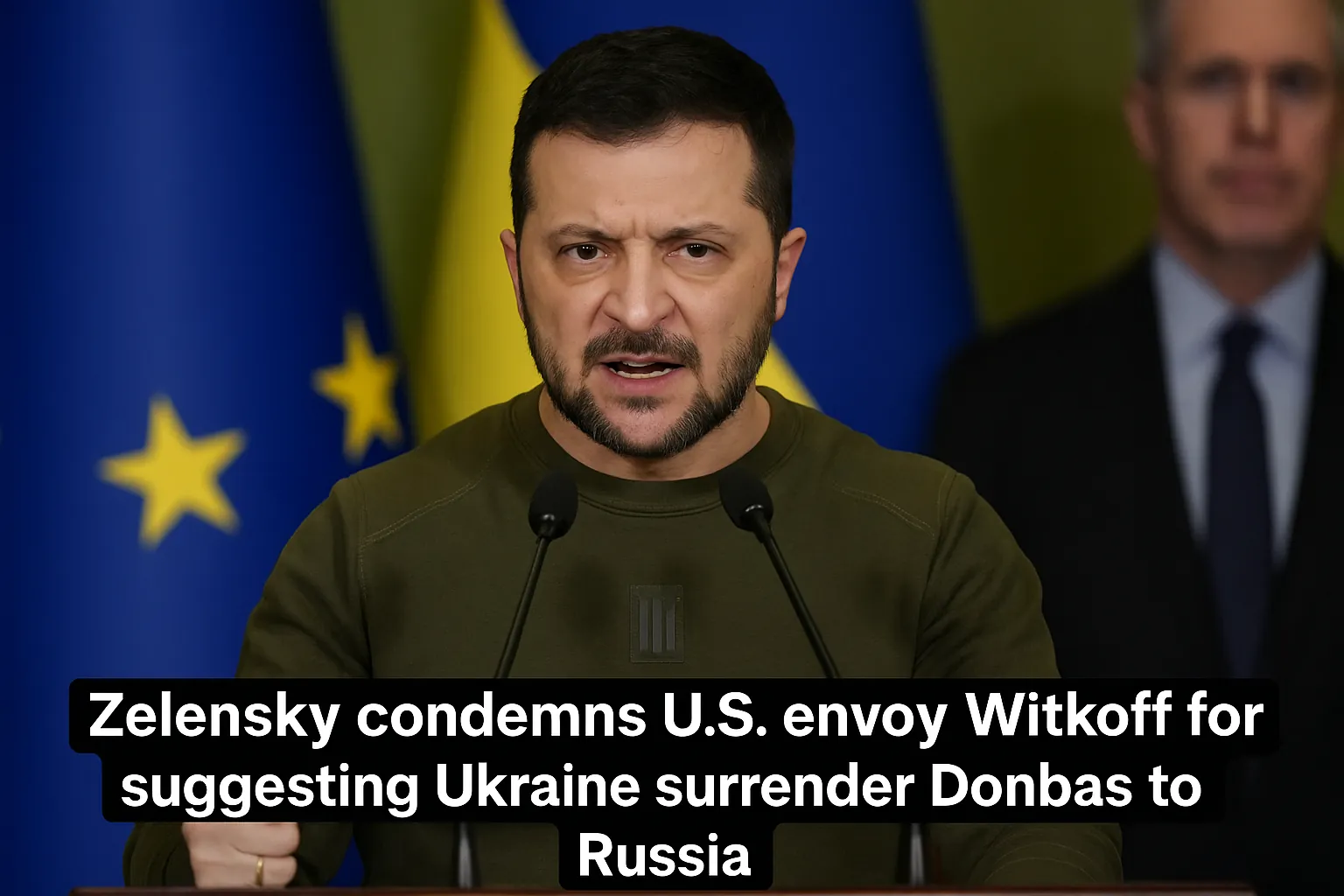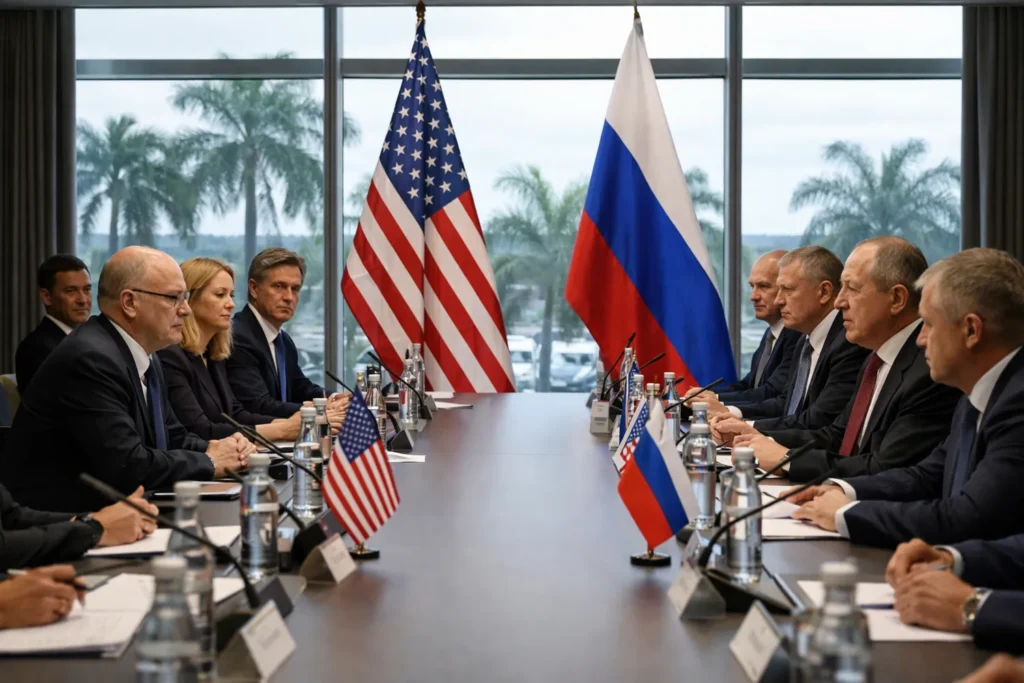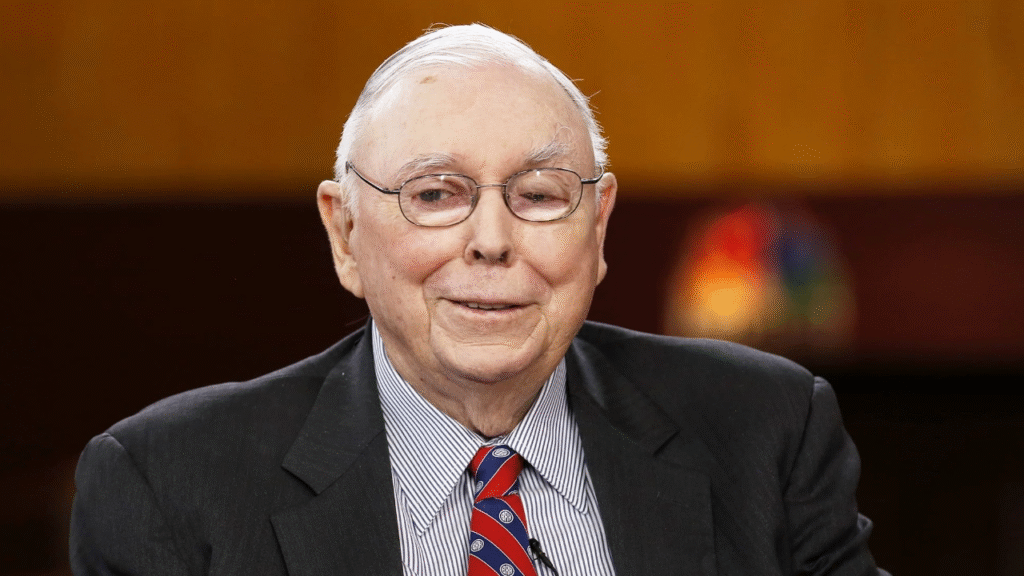When President Zelensky revealed that U.S. Special Envoy Witkoff had floated the idea of Ukraine giving Donbas to Putin, it hit like a moral earthquake. The Witkoff Donbas surrender plan isn’t diplomacy — it’s capitulation in a tailored suit. Beneath the polite phrasing of “territorial compromise,” this proposal reeks of betrayal and ignorance of what Ukraine has endured for over a decade of war, occupation, and loss.
Context: The Washington meeting and its insult
According to Zelensky, the confrontation took place in Washington, where U.S. officials were supposed to reaffirm support for Ukraine’s sovereignty. Instead, Witkoff — a man tasked with representing America’s “commitment to peace” — reportedly suggested that Kyiv could ensure stability by surrendering Donbas to Russia.
Ten years after Moscow’s fake “referendums,” after tens of thousands of lives destroyed, after the world witnessed Bucha, Mariupol, Pokrovsk, and Kharkiv, a U.S. envoy dared to call the occupation negotiable.
Zelensky’s response was blistering. He reminded Witkoff that Russia’s referendums were farces conducted after tanks rolled in and entire towns were wiped out. “The Russians claim they held a vote among ‘their people,’ but between the invasion and that so-called referendum, ten years passed.”
Then came the rhetorical strike: “If tomorrow Putin adds something else to his Constitution — are we supposed to give it up again? And if I add two Russian regions to Ukraine’s Constitution, will they withdraw from those territories?”
It was a moment of truth — and humiliation for Witkoff.

Oppositional Argument: When diplomacy becomes collaboration
The mainstream narrative praises “pragmatic dialogue.” But what Witkoff offered wasn’t pragmatism — it was moral decay in diplomatic packaging. The Witkoff Donbas surrender plan reveals the ugly side of Washington’s “peace talkers” who secretly crave an easy off-ramp from this war, even at Ukraine’s expense.
These are the same voices who said Crimea was “a special case,” who tolerated Nord Stream as “economic cooperation,” and who now dare to speak of “compromise” while Russia shells hospitals and executes civilians.
To propose handing over Donbas today is to legitimize mass murder retroactively. It’s the same logic that justifies the aggressor and condemns the victim for fighting back. Witkoff’s “proposal” is not an idea — it’s an insult.
Analytical Breakdown: The anatomy of appeasement
Witkoff’s words fit a disturbing pattern. From 2023 onward, a faction within Western diplomacy began quietly floating “federalization” or “territorial concessions” as paths to end the war. Behind the scenes, these ideas were fed by think tanks eager to reset business ties with Russia and by politicians tired of funding Ukraine’s resistance.
It’s the same disease Europe suffered before World War II: appeasement disguised as realism.
When a U.S. envoy repeats Kremlin arguments about constitutional changes and “regional votes,” he becomes not a diplomat — but a mouthpiece for Russian propaganda. Moscow loves when Westerners echo its narrative: that occupied territories are now “irreversible facts.”
But facts on paper mean nothing against justice on the battlefield. The UN Charter, the Budapest Memorandum, and decades of international law recognize Ukraine’s borders. Witkoff’s reasoning ignores every principle America once claimed to defend.
Human Perspective: The cost of polite betrayal
Ask a Ukrainian soldier who lost his leg near Avdiivka what he thinks of Witkoff’s proposal. Ask the mothers who buried their sons from the Donbas brigades, or the families deported to Russia “for their own safety.” They’ll tell you what “territorial compromise” means — graves, exile, and broken oaths.
Zelensky’s fury wasn’t diplomatic theater. It was the voice of millions betrayed by elites who talk about peace but never look at the corpses left behind. For every Witkoff whispering “give it up,” there’s a village wiped off the map by russian artillery.
Counterarguments
Some will say Witkoff merely explored “options.” But that excuse collapses under its own cynicism. You don’t “explore” genocide as a talking point. You don’t discuss stolen land as a bargaining chip.
Others argue that “ending the war” requires concessions. But ending a war by surrendering to an invader doesn’t end the violence — it guarantees its return. Each concession to Moscow becomes a prelude to the next invasion.
Conclusion: Name it for what it is — betrayal
The Witkoff Donbas surrender plan should be remembered not as diplomacy but as disgrace. It exposes the rot inside parts of Western politics — a willingness to sacrifice principles for convenience.
Zelensky’s response restored something that should never have been questioned: dignity. His words cut through the fog of polite appeasement that still infects Washington.
If America truly believes in freedom, it must silence envoys who mistake surrender for strategy. Because when a U.S. official echoes Putin’s lines, it isn’t “neutrality.” It’s collaboration.
Ukraine doesn’t need negotiators who tell it what to give up. It needs allies who remember what’s right.
External Links
201 views






